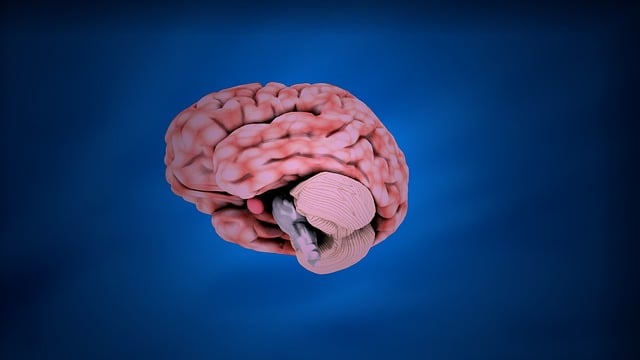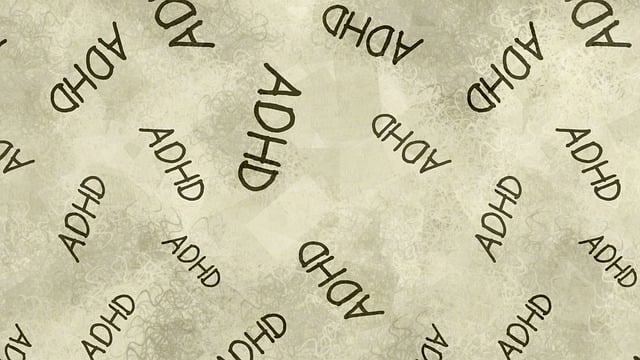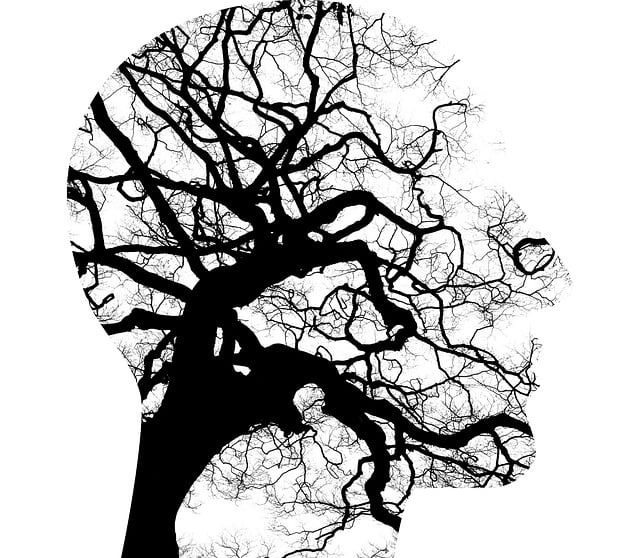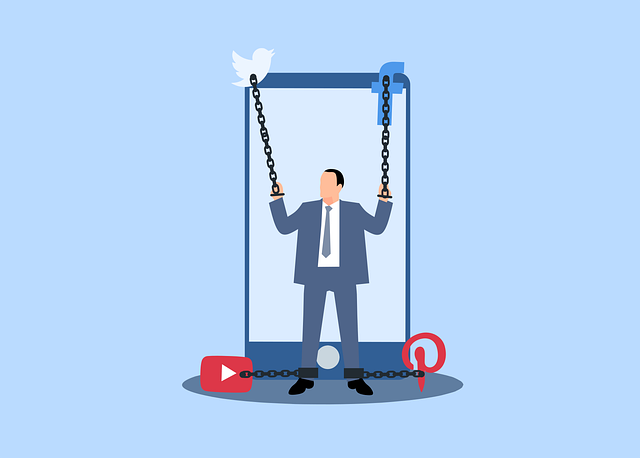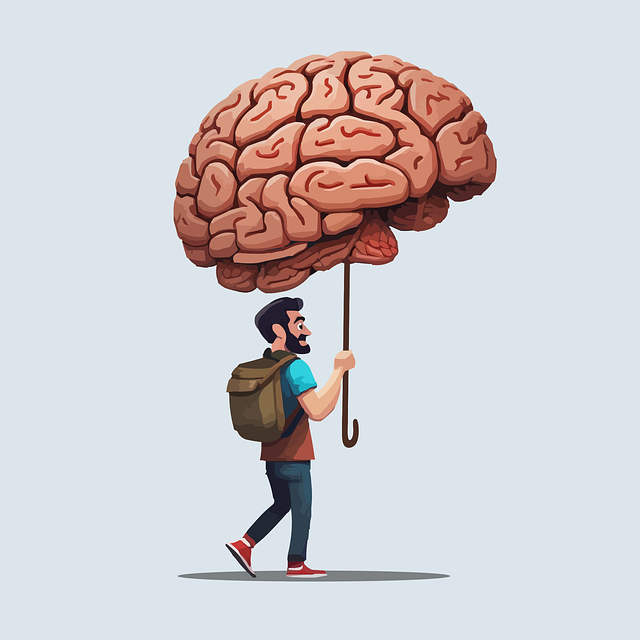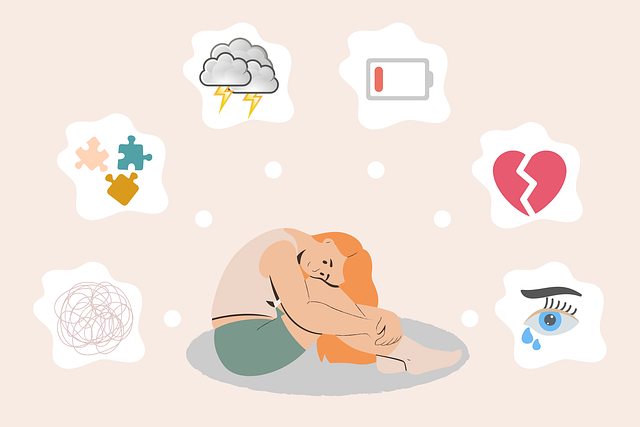In today's complex social landscape, specialized Therapy for Adults First Responders training is vital for enhancing mental wellness. Programs focusing on self-awareness, stress management, and communication strategies empower first responders to build healthy relationships and reduce stigma around mental health support. These initiatives include workshops, role-playing scenarios, and group discussions, addressing barriers like access and internalized stigma. Success is measured through both quantitative assessments (attendance, engagement) and qualitative evaluations (self-reported confidence, well-being). Continuous growth requires a supportive environment with regular stress management workshops for improved resilience and community service.
Social skills training is a powerful tool in mental health support, especially tailored for adults serving as first responders. This article explores the unique challenges they face and how targeted training can significantly improve their well-being. We delve into key components of effective programs, strategies to overcome barriers, and methods for measuring success. Understanding the need for such training is crucial in enhancing resilience and promoting healthy interactions in high-stress roles. Discover how therapy tailored for first responders can foster growth and mitigate risks associated with their professions.
- Understanding the Need for Social Skills Training in Mental Health
- Targeting Adult First Responders: A Unique Challenge and Opportunity
- Key Components of Effective Social Skills Training
- Strategies for Overcoming Common Barriers to Learning
- Measuring Success and Promoting Continuous Growth
Understanding the Need for Social Skills Training in Mental Health

In today’s world, where social interactions can be complex and challenging, especially for those living with mental health conditions, specialized social skills training plays a pivotal role in enhancing mental wellness. Many individuals struggle to navigate social scenarios due to anxiety, depression, or trauma, leading to feelings of isolation and further exacerbating their conditions. Therapy for Adults First Responders, among others, recognizes the profound impact that robust social skills can have on recovery and overall well-being.
Mental Wellness Coaching Programs and Stress Management Workshops organized by various organizations focus on developing these essential skills. Through interactive self-awareness exercises, participants learn to recognize their triggers, manage stress effectively, and engage in meaningful conversations. This training equips them with the tools to build and maintain healthy relationships, fostering a sense of belonging and support—crucial components for managing mental health conditions over the long term.
Targeting Adult First Responders: A Unique Challenge and Opportunity

Adult first responders—firefighters, police officers, and paramedics—face unique challenges that often remain undetected or unaddressed. Their work exposes them to trauma, violence, and high-stress situations on a regular basis, leading to elevated rates of mental health issues, including PTSD, anxiety, and depression. Traditionally, therapy for adults first responders has focused on individual treatment models, but there’s a growing recognition of the importance of group interventions tailored specifically to their needs. These unique circumstances necessitate specialized approaches that go beyond traditional therapy.
Implementing community outreach programs centered around compassion cultivation practices and effective communication strategies can be transformative. Such initiatives foster a sense of belonging and understanding among first responders, encouraging them to connect with peers facing similar challenges. By integrating these supportive networks into their professional lives, adult first responders can develop resilience, share coping mechanisms, and reduce the stigma associated with seeking mental health support. This holistic approach not only enhances their well-being but also improves community response times by empowering individuals to support each other.
Key Components of Effective Social Skills Training

Effective social skills training for mental health conditions should include several key components tailored to meet the unique needs of individuals seeking therapy for adults first responders. These programs are designed to help participants navigate social interactions with confidence and ease, which is crucial for maintaining mental wellness. One of the primary focuses should be on stress management workshops, teaching techniques to handle anxiety and trigger avoidance, thereby fostering a sense of control and resilience.
Additionally, role-playing scenarios and group discussions can significantly enhance learning outcomes by providing opportunities for practice in safe, supportive environments. These activities enable individuals to experiment with different communication styles, improve active listening skills, and develop appropriate responses to social cues. In the context of mental illness stigma reduction efforts, such training also plays a vital role by promoting empathy and understanding among participants, ultimately contributing to a more inclusive and supportive community for those dealing with mental health conditions.
Strategies for Overcoming Common Barriers to Learning

Many individuals with mental health conditions struggle to engage in social skills training due to various barriers. One significant challenge is accessing appropriate therapy resources tailored for their specific needs, especially for adults and first responders who often face unique obstacles. Finding therapists who specialize in their particular condition or have experience working with similar populations can be crucial for effective treatment.
Another common barrier is the internalized stigma surrounding mental health issues. Some individuals may be reluctant to participate in therapy due to concerns about judgment or disclosure. Overcoming this requires fostering Mental Health Awareness and providing Crisis Intervention Guidance within therapeutic settings. Incorporating practical tools, such as Mental Wellness Journaling Exercise Guidance, can empower clients to track their progress, identify triggers, and develop healthy coping strategies, thereby enhancing their overall participation and engagement in social skills training.
Measuring Success and Promoting Continuous Growth

Measuring success in social skills training is a multifaceted process tailored to individual needs. For therapy involving adults first responders, assessing progress often includes quantitative and qualitative measures. Quantitative methods may track attendance rates, engagement in group discussions, and improvements in communication scores through standardized assessments. Qualitatively, therapists evaluate clients’ self-reported changes in confidence levels, social interactions outside of sessions, and overall well-being.
Promoting continuous growth requires a supportive environment fostering Self-Care Practices. This can be achieved by encouraging regular attendance at Stress Management Workshops organized by the therapy center. Such workshops equip individuals with additional tools for managing stress and enhancing their social skills in real-world settings. By integrating these practices into daily routines, first responders can build resilience, improve mental health, and better serve their communities.
Social skills training is a potent tool in mental health support, especially tailored for adult first responders. By addressing unique challenges they face, this targeted therapy can enhance their ability to connect and communicate effectively, leading to improved well-being and reduced stress. Incorporating key components like role-playing, feedback mechanisms, and barrier-overcoming strategies ensures a comprehensive approach. Measuring success through continuous growth fosters a supportive environment, encouraging first responders to navigate the challenges they encounter with enhanced resilience and social proficiency.
